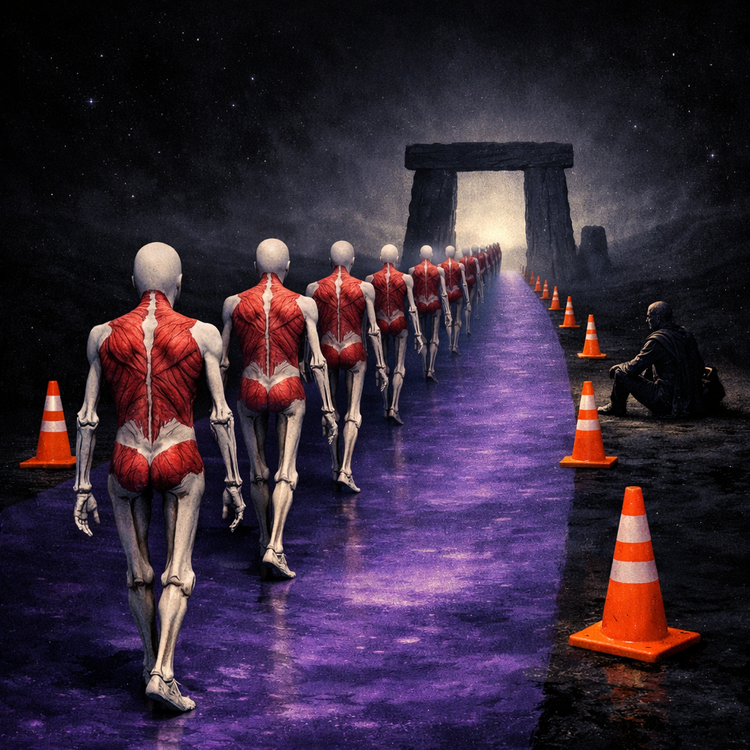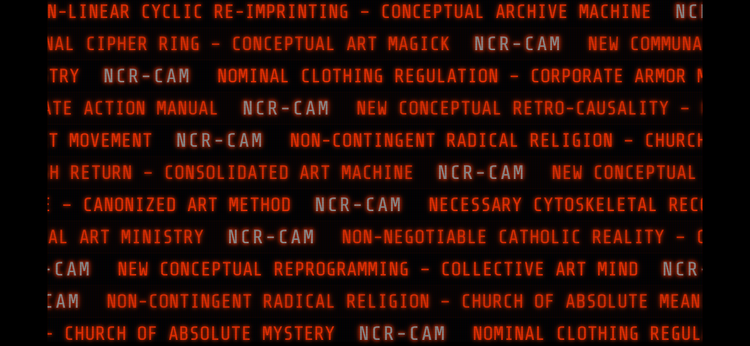Crocus

The horrific terrorist attack at the Crocus City Hall concert venue near Moscow on March 22, 2024, which claimed the lives of over 130 innocent people and left scores more wounded, marks a watershed moment for Russia under the leadership of President Vladimir Putin. As the nation grapples with the deadliest act of terrorism on its soil in the past two decades, the far-reaching implications of this tragedy are beginning to crystallize. The brazen assault, claimed by the Islamic State (ISIS), has laid bare critical vulnerabilities and blind spots within Russia's vaunted security apparatus and exposed cracks in the façade of Putin's increasingly authoritarian wartime regime.
In the chaotic hours following the attack, Putin's conspicuous absence from the public eye and his delayed response to the unfolding crisis projected an image of a leader caught off guard and struggling to maintain control. When he finally addressed the nation, Putin notably avoided mentioning ISIS and instead insinuated Ukrainian involvement, despite a lack of substantive evidence and swift denials from Kyiv. This rhetoric fits a familiar pattern of Putin deflecting blame to foreign adversaries in the wake of major terrorist incidents, echoing his response to the Beslan school siege in 2004. In the coming weeks and months, expect the Kremlin's formidable propaganda machine to double down on efforts to pin culpability on Ukraine and the collective West.
However, the apparent security lapses at the targeted venue, coupled with Putin's delayed public response, speak to deeper weaknesses within his increasingly authoritarian system. The failure to prevent the attack, despite recent warnings from U.S. intelligence that were brushed off by Putin as "blackmail," underscores how the regime's single-minded fixation on suppressing political dissent and consolidating power has come at the expense of protecting its citizens from known and resurgent terror threats.
As more details emerge about the four suspects, all from Tajikistan, and their alleged ties to ISIS, uncomfortable questions are bound to surface about the efficacy of Russia's counterterrorism strategies and priorities. The fact that the attackers were able to infiltrate a high-profile venue in the capital, despite the pervasive surveillance state that the Kremlin has constructed, highlights the limits of relying on facial recognition technology and other tools of digital authoritarianism to combat terrorism.
Going forward, it is highly likely that Putin will seek to instrumentalize this tragedy to further consolidate his grip on power and crack down on any perceived opposition or dissent. The attack may provide an opening for the regime to reintroduce the death penalty, as some hawkish Russian lawmakers are now advocating. A harsher security environment, characterized by intensified surveillance, a more muscular police presence, and potential fresh purges within the intelligence services, appears to be in the cards as well.
At the same time, the specter of large-scale terrorism returning to Russia risks evoking unsettling parallels to the early 2000s, a tumultuous period marked by a spate of deadly attacks within the country that Putin has long portrayed as firmly in the rearview mirror. With Putin having just engineered his "re-election" for another six-year term, against the backdrop of growing war fatigue and economic sanctions continuing to bite, the Kremlin will be hard-pressed to reverse the stinging blow to stability and invincibility that this attack represents.
Moreover, the Kremlin's reflexive impulse to point the finger at foreign adversaries, rather than confront the homegrown nature of the threat, risks further isolating Russia on the global stage and undermining any remaining credibility Putin may have had as a responsible stakeholder in the fight against international terrorism. If past is prologue, expect the regime to double down on its military adventurism abroad, particularly in Syria and other theaters where it has sought to burnish its counterterrorism credentials, as a means of projecting strength and diverting attention from its security failures at home.
In the final analysis, the Moscow concert hall attack has cast a harsh spotlight on the inherent brittleness and contradictions of Putin's wartime dictatorship, now faced with metastasizing security threats both foreign and domestic. How the regime adapts its draconian playbook to confront a resurgent terrorist threat, while simultaneously maintaining its iron grip on an increasingly restive population, may well prove to be a defining crucible for the remainder of Putin's tenure. The unresolved tensions, governance failures, and societal fissures laid bare by this tragedy are poised to reverberate through Russian politics and society for years, if not decades, to come. As Russians begin to process the enormity of this loss and the terrifying realization that no public space may be truly safe, the country stands at a perilous inflection point. Putin's ability to navigate these treacherous currents and provide meaningful reassurance and security to his citizens, beyond the hollow tropes of strongman posturing, will be severely tested as never before. In the end, the Crocus City Hall attack may come to be seen as a pivotal moment that either spurred a fundamental reckoning with the shortcomings of Putinism or, alternatively, served as a catalyst for its further entrenchment and radicalization.






Member discussion